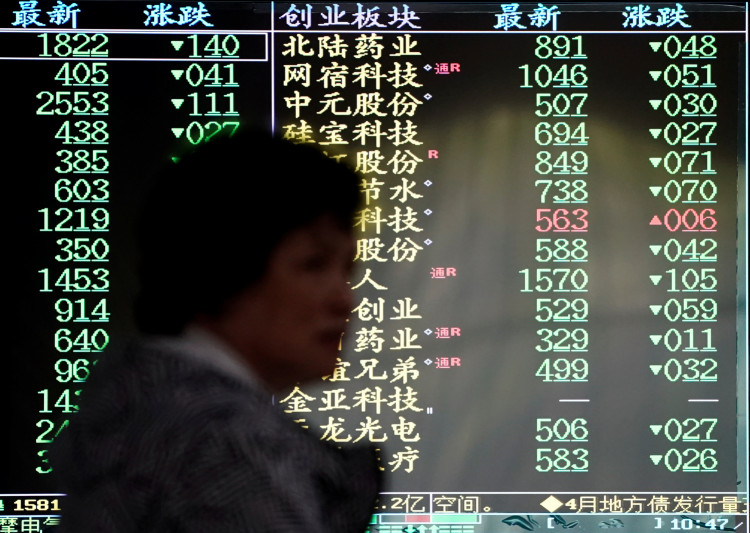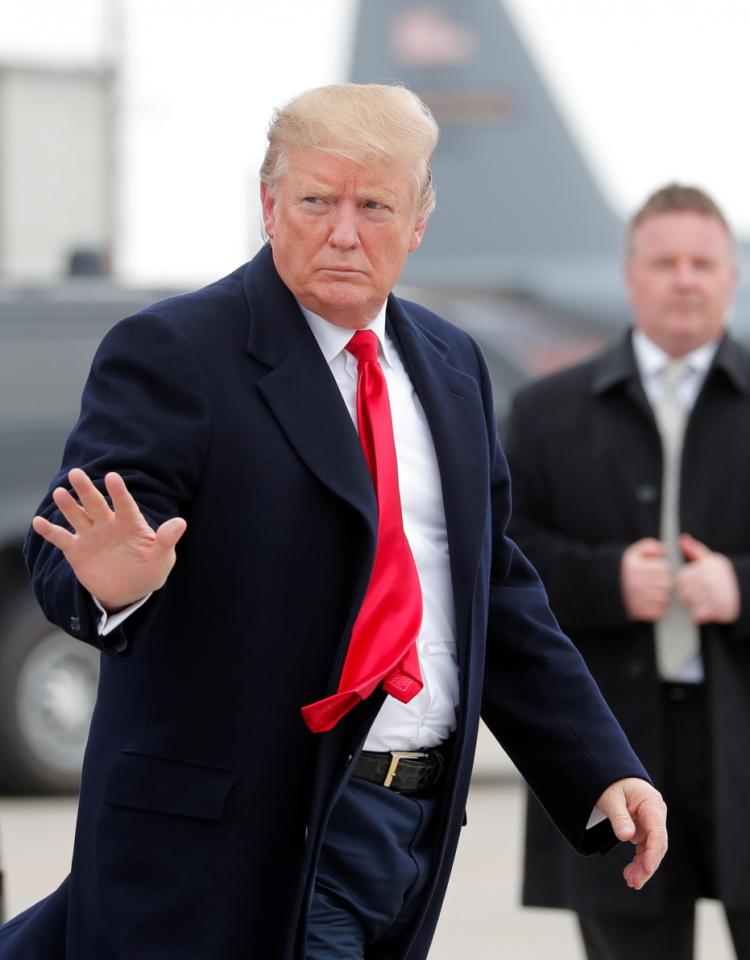Wall Street is bracing for a sharp sell-off the likes of which hit the Shanghai and Shenzhen exchanges today when it opens Monday. Both Chinese equities markets plunged on disappointing news president Donald Trump will impose a 25 percent tariff on $200 billion worth of Chinese goods on May 10 (Friday).
Trump's decision to impose the previously withheld tariffs of 25 percent on Chinese goods is the clearest indication yet trade talks with China have gotten nowhere despite months of administration allegations of steady progress.
Trump unexpectedly announced a jump in U.S. tariffs on $200 billion worth of Chinese goods on Sunday, and said 25 percent tariffs on $325 billion of Chinese goods will be imposed "shortly."
Trump's unexpected reaction to what he said was the slow pace of the China-US trade talks is expected to batter all three US equity markets when they open for business at 9:00 a.m. (ET) today. Analysts said the only question now is the extent of the beating Wall Street stands to take.
An indication of the forthcoming pain was plainly visible as the Dow Jones Industrial Average futures dropped 450 points Monday morning stateside. The S&P 500 and NASDAQ-100 Index futures also pointed to declines for the two indexes at Monday's open.
That pummeling might well be too painful, as today's trading at China's two exchanges revealed.
Stocks at Shanghai and Shenzhen nosedived Monday following Trump's new tariffs. The Shanghai composite plunged 5.58 percent to close at 2,906.46, while the Shenzhen component plummeted 7.56 percent to finish at 8,943.52. The Shenzhen composite fell 7.381 percent to close at 1,515.80.
The CSI 300, which tracks the largest listed stocks on the mainland, slid 5.84 percent to 3,684.62.
Hong Kong's Hang Seng index fell 2.90 percent to close at 29,209.82. Hong Kong-listed shares of ZTE Corporation plummeted 8.82 percent, while its Shenzhen-listed counterpart dropped precipitously by 9.98 percent.
The offshore Chinese yuan also took a hit, falling to 6.7790 against the US dollar from highs of 6.72 last week. Its onshore counterpart also lost ground, winding-up at 6.7655 against the dollar from 6.73 last week.
China will likely cancel its trade talks with the U.S. this week after Trump's latest trade war escalation, according to analysts. Reliable Washington sources cited by CNBC said this is a distinct possibility after Trump recklessly abandoned a six-month truce after Beijing was said to have had second thoughts on some previously discussed commitments.
Trump's sudden decision, however, has not been universally welcomed by Wall Street.
"This is reckless ... most people thought we'd get something by the end of May," said Greg Valliere, chief U.S. policy strategist at AGF Investments. "There's a risk this tactic could blow up on him. I don't think the Chinese would like to get bullied," Valliere said.
Other analysts said an increase in tariffs will be bad news for risk assets and will threaten the prospect of global economic growth recovery.







